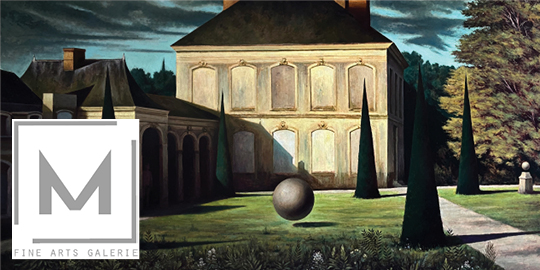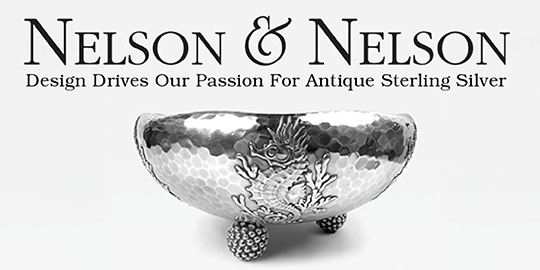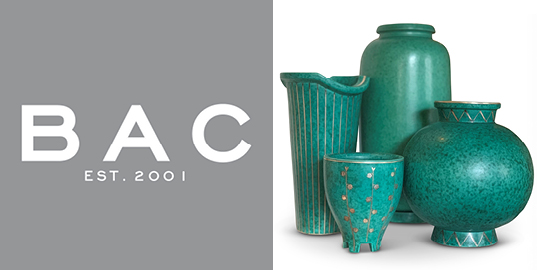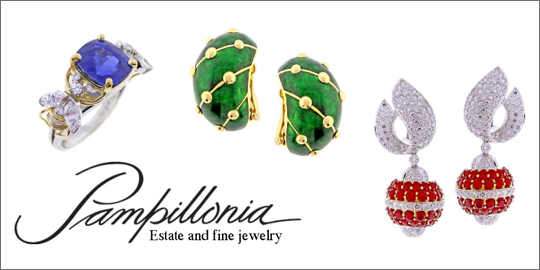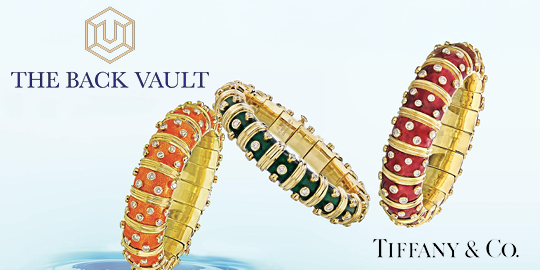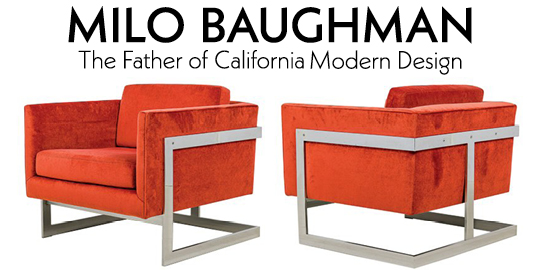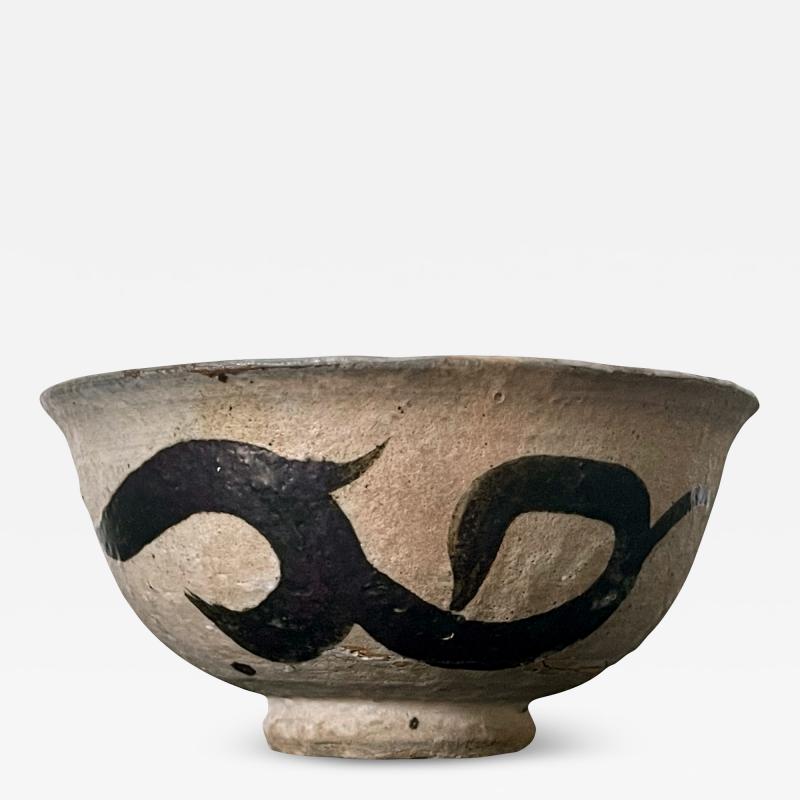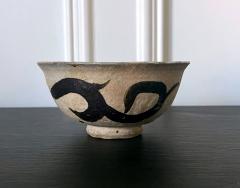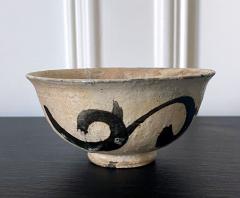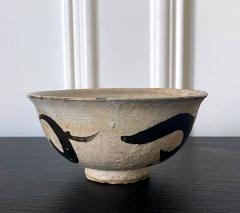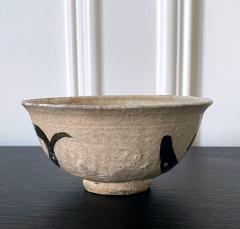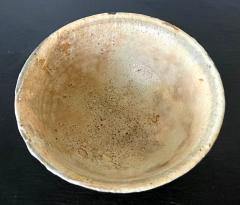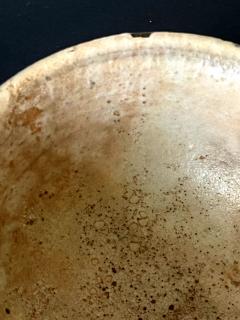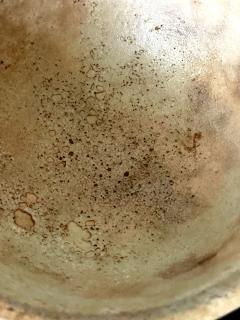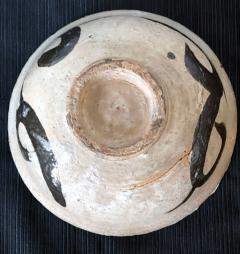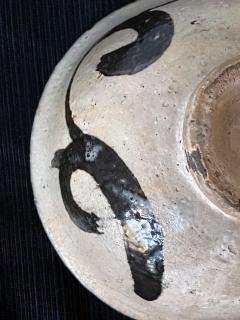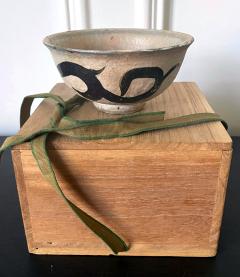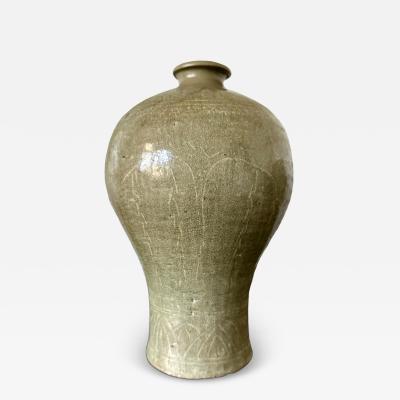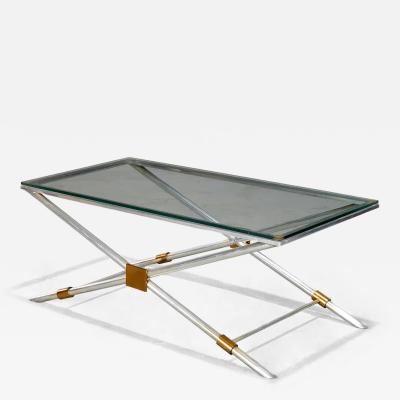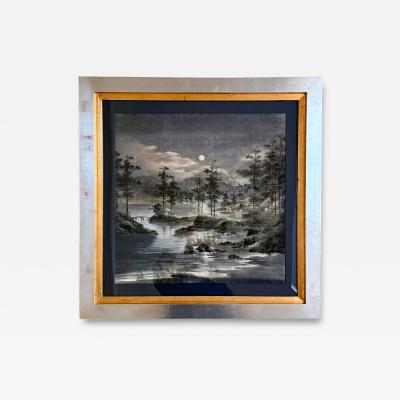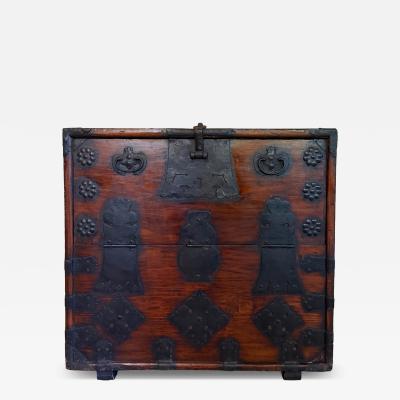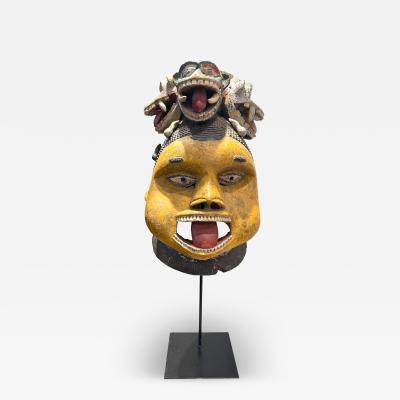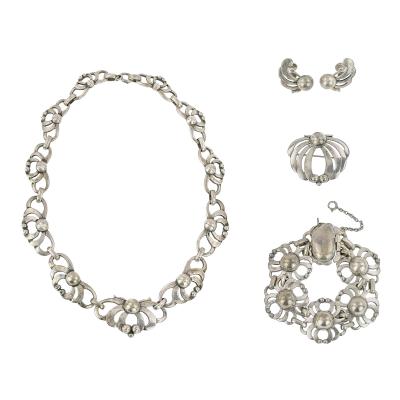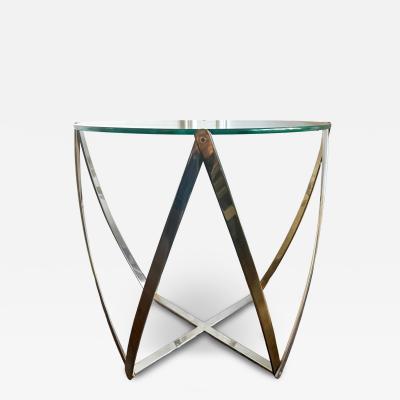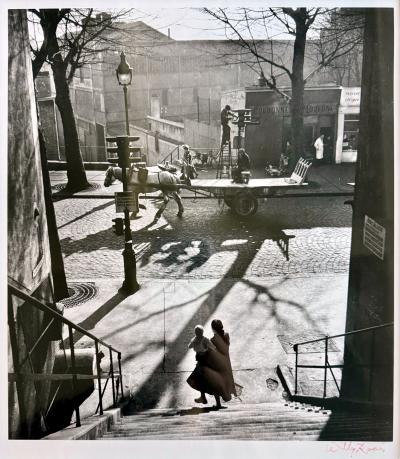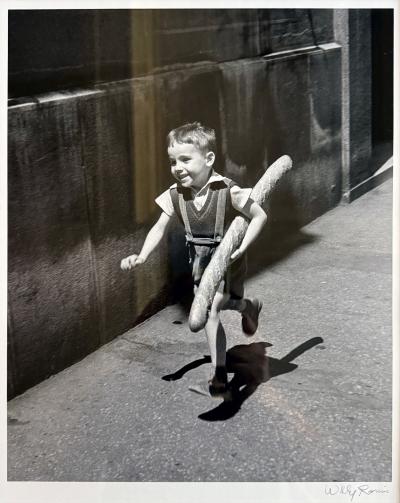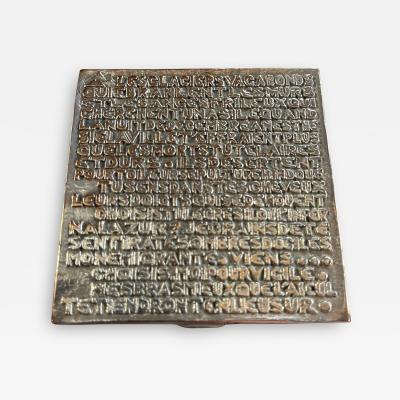Korean Ceramic Buncheong Ware Tea Bowl Early Joseon Dynasty
-
Description
An antique Korean Buncheong stoneware tea bowl (chawan) from early Joseon Dynasty circa late 15th to early 16th century. The bowl with a short ring base is nearly entirely covered in a white slip except the base (known as sougusuri in Japanese, total glaze). Iron-colored scrolling vines were painted on with quick and deft brush strokes, rendering the bowl a vital and spontaneous appeal. It appears that the bowl was dipped in the white slip instead of being brushed on, observing from the slip pattern left on the rim of the bowl. The bowl shows significant age and evident of use for tea drinking. There are losses of glaze flakes throughout, along the rim and inside the bowl. The flake off the glaze left a dark spot on the rim, exposing the deep colored clay underneath. Inside the bowl, many of the glaze flakes appear more superficial and retains a yellowing color from the tea stains (known as amamori, rain leak). There is a historical crack line on the exterior (surface only) that result in associated small losses of glaze. It appears that the crack line was the result from the kiln firing and gradually the glaze around it started to reduce. The bowl comes with a later wrapping cloth and a wood tomobako box, but they are not original to the piece.
This particular type of Buncheong ware was associated with the Hakbong-ri kilns in the sacred Mount Gyeryong Mountains, west of Daejeon city in the Chungcheong province. During early Joseon Dynasty, the emperor decided to reject Buddhism to embrace the Confucianism. As a result, many monks were forced to abandon their religious life and returned to the secular society. The monks in Gyeryong mountains set up the kilns and started to produce this so called "Hakbong-ri" type of Buncheong ware. The production was shorted-lived for only a few decades from late 15th to early 16th century before it turned to porcelain, but the ware made during that period was noted for their fresh and enigmatic appeal with deft iron-paint decoration. Collectors cherish these rare pieces for their vitality and spontaneity often used them on important occasions of chado in Japan and passed down to generation.
For a similar bowl, see Catalog 52 illustrated on page 87 of the book "Korean Buncheong Ceramics from Leeum Samsung Museum of Art.
Christie's NY sale no. 3485 "The Ten Signs of Long Life: The Robert Moore Collection of Korean Art" on 03/17/2014, lot 738. -
More Information
Origin: South Korea Period: Pre 18th Century Materials: ceramic stoneware Condition: Fair. Wear consistent with age and use. As shown, scattered glaze flakes losses on the rim and in the bowl, old crack line and associated minor glaze loss on the exterior. Creation Date: late 15th to early 16th century Styles / Movements: Asian, Traditional Patterns: Asian/Oriental, Florals/Botanical, Geometric, Handmade Incollect Reference #: 603950 -
Dimensions
H. 2.5 in; Diam. 5.6 in; H. 6.35 cm; Diam. 14.22 cm;
Message from Seller:
Tishu, based in Atlanta, GA, offers a diverse collection ranging from Neolithic art to 20th-century collectibles, with a focus on Mid-century design, Japanese and Korean art, Asian textiles, and Contemporary Aboriginal art. Driven by a passion for timeless beauty, the gallery is open by appointment only and offers works that span 5,000 years of history. Reach them at 305-400-0561 or tishu@tishugallery.com.


